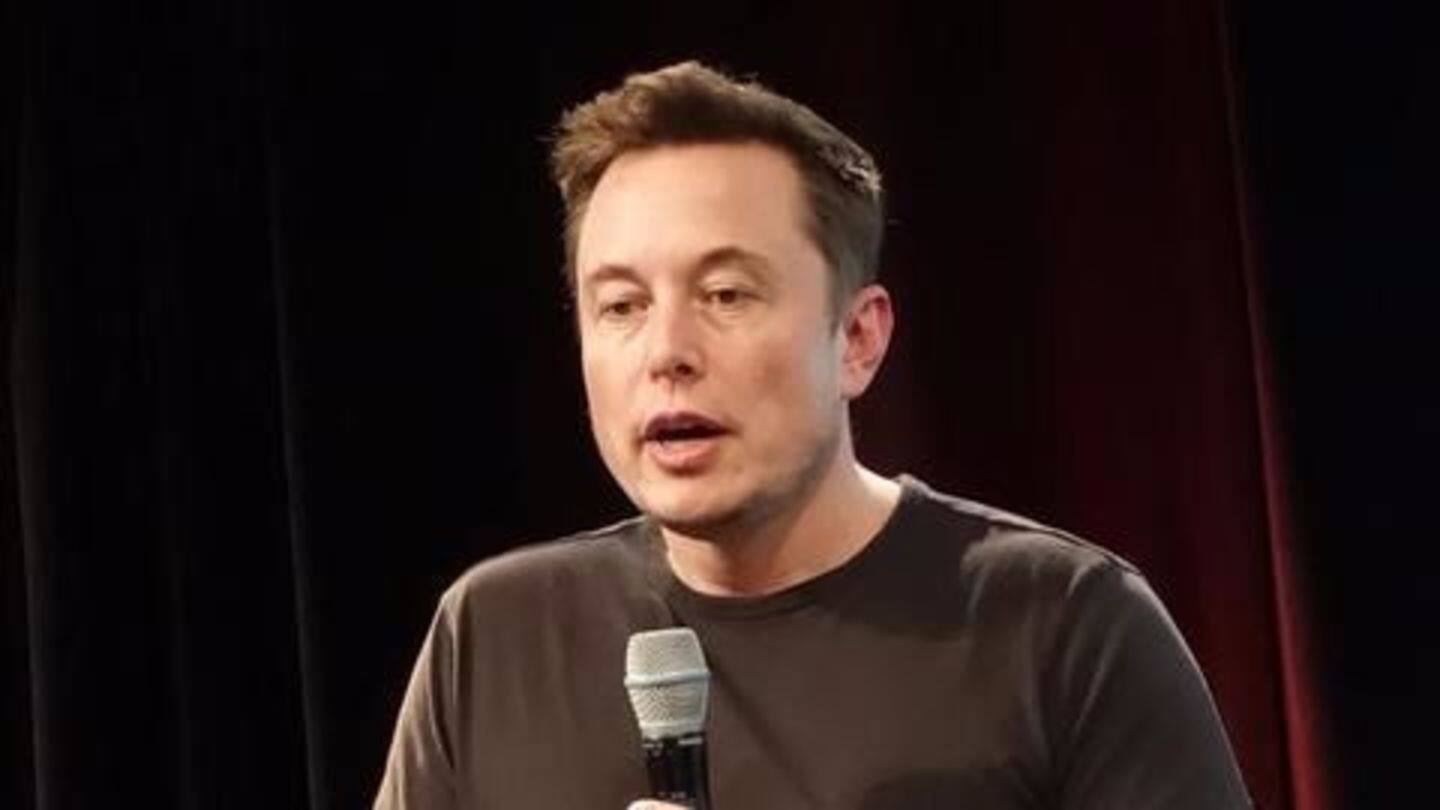
SpaceX to send two paying customers to the moon
What's the story
Today, SpaceX CEO Elon Musk announced that the company plans to send two people beyond the moon in late 2018. Interestingly, the two people set to make the trip are not NASA astronauts but paying customers who approached SpaceX. Reportedly, the two passengers are "very serious" about their endeavour, and have already paid a "significant deposit" to SpaceX, according to Musk.
Quote
Baby steps towards making humanity "multiplanetary"
"The goal for SpaceX, from its founding in 2002, has been to accelerate … space exploration ... and making humanity multiplanetary. So a critical step along the way is getting to know what it's like to have people in deep space," explained Musk.
The trip
Details of the trip
The trajectory of the trip would be similar to NASA's 1968 Apollo 8 mission which saw the spacecraft go beyond the moon and back. According to Musk, the trip, using the new next-gen Crew Dragon spacecraft, would involve skimming the surface of the moon, venturing further out into deep space, and returning to Earth. Distance-wise, the trip would be around 500,000 to 650,000 km.
Passengers
Who are the passengers?
Nothing is known about the two prospective space tourists except that they know each other, and that they are "nobody from Hollywood". According to Musk, the two passengers would be the only two people in the spacecraft, and would thus require "extensive training before going on the mission". They are set to begin their training later this year.
Commercial spaceflight
The age of commercial spaceflight?
This might be the beginning of the age of commercial spaceflight. Musk said that the cost of the trip was similar to a crewed mission to the ISS, which, for context, costs NASA $80 million per head on Russia's Soyuz rocket. On a smaller scale, Virgin Galactic is testing an eight-seater tourism spacecraft to carry paying customers 100km above Earth at $250,000 per head.
Quote
The cost of the trip is "confidential"
"I … can't say the exact cost, that's confidential. It would be comparable to maybe a little more than what the cost of a crewed mission to the space station would be," said Musk.
Legal complications?
What about legal complications surrounding commercial spaceflight?
According to Musk, a UN permit will not be necessary, although the trip has to be approved by the Federal Aviation Administration. As of now there are no government regulations on commercial spaceflight. In 2004, the Congress passed the Commercial Space Launch Amendments Act which created a "learning period" without any regulations till 2012 initially, but the period was extended to 2023.